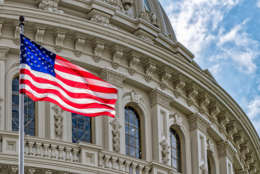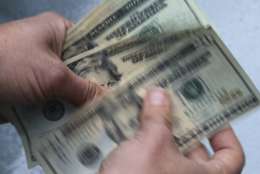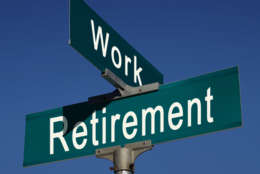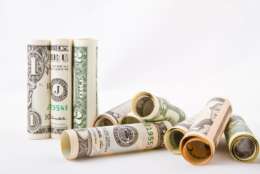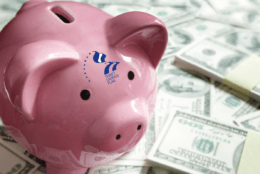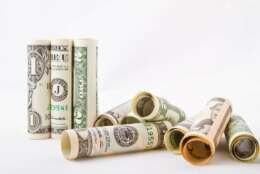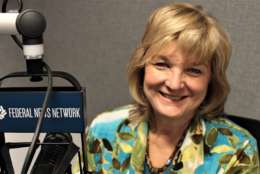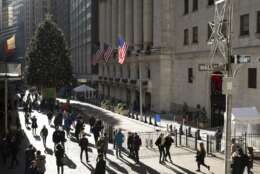Retirement
-
For many January is a hope-springs-eternal transition time. But there are things members of the federal family can, and should, be doing that will save money.
January 10, 2020 -
Just like the year before, December saw a drop in the number of federal retirement claims received by the Office of Personnel Management compared to the previous month.
January 09, 2020 -
While your income will likely go down in retirement, moving to a more tax-friendly state could increase the cash value of your annuity.
January 08, 2020 -
Mike Causey asked Abraham Grungold, a 34-year civil servant, why so many TSP investors have account balances that are so relatively small?
January 07, 2020 -
One longtime reader says feds should be aware of their full retirement age (FRA) and what it means to them.
January 06, 2020 -
Federal workers this month are getting a 3.1% total pay and federal-postal retirees are getting a 1.6% cost of living adjustment.
January 03, 2020 -
To protect their annuities from the ups and downs of the stock market, many active and most retired federal-postal workers have a major chunk of their Thrift Savings Plan account in the Treasury securities G fund.
January 02, 2020 -
Ask yourself if, when you start tapping your TSP you’ll be glad you invested pre-tax, or do you wish you had taken the Roth option?
December 31, 2019 -
Lots of people who live in high tax states relocate for retirement.
December 27, 2019 -
Just about everybody knows the stock market is long overdue for a correction of 20% or more — maybe a lot more.
December 23, 2019 -
In today's Federal Newscast, the Thrift Savings Plan wants to change the rate it currently uses to calculate some annual cost of living adjustments.
December 20, 2019 -
White collar federal civil servants are on track to get a 3.1% pay raise next year — the largest in a decade for 1.2 million civil servants.
December 20, 2019 -
Timing federal retirement right allows you to carry over the maximum amount of annual leave, and in 2020 be paid for most if not all of it at the new higher 3.1% pay raise.
December 18, 2019 -
Ready to retire, columnist Jeff Neal reflects on his more than three decades in and around federal government, and the lessons he's learned.
December 12, 2019 -
Experts on Wall Street and world financial markets have been predicting another recession, some almost daily, since the last one ended more than 10 years ago.
December 12, 2019


